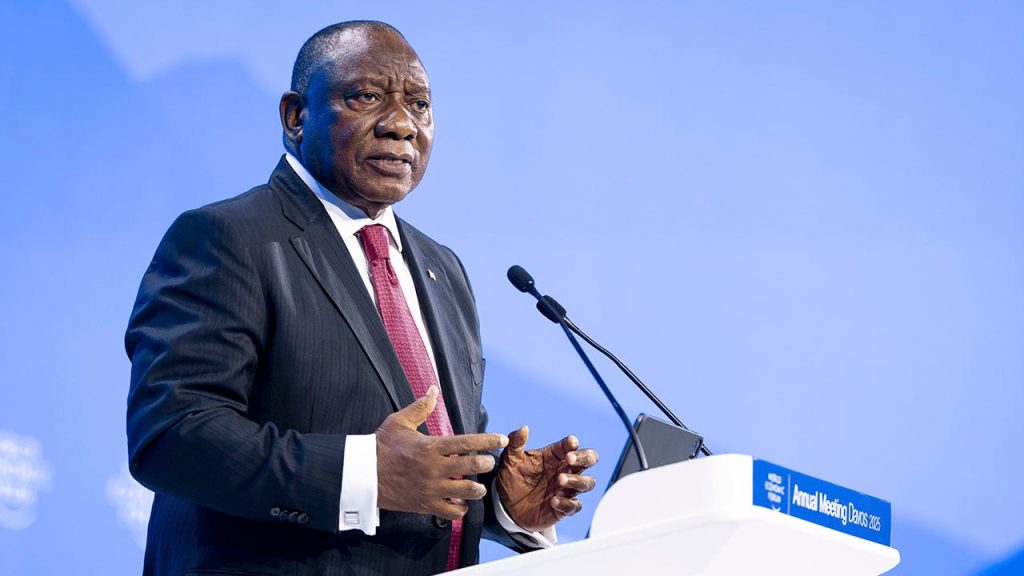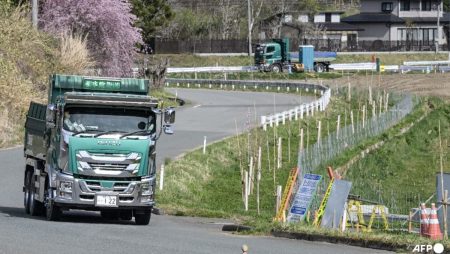The South African political landscape has been significantly altered by the recent enactment of a land expropriation law, sparking both celebration and fierce opposition. This legislation, which replaces the outdated 1975 Expropriation Act, empowers the government to seize land without compensation under specific circumstances, a move championed by the ruling African National Congress (ANC) as a crucial step toward redressing historical land ownership inequities stemming from the apartheid era. The core of the contention lies in the interpretation and potential implications of the law’s provisions, raising concerns about property rights and economic stability.
The law’s proponents, primarily the ANC, argue that it is a necessary measure to correct the deeply skewed land ownership patterns inherited from apartheid, where the Black majority, despite comprising the vast majority of the population, owns only a small fraction of the country’s farmland. They see the law as a mechanism to redistribute land to those historically dispossessed, promoting social justice and economic empowerment. The emphasis, however, is on the careful application of the law, with the government asserting that expropriation without compensation will only occur under specific conditions, such as when land is unused, poses a public safety risk, or its development is neglected. This targeted approach, they argue, aims to avoid arbitrary seizures and safeguard legitimate property rights while addressing the historical injustices.
However, critics of the law express deep concerns about the potential for abuse and its impact on property rights, investment, and the overall economy. Opposition parties, including the Democratic Alliance (DA) and the Freedom Front Plus, have voiced strong objections, arguing that the law’s provisions are too broad and open to manipulation. They fear that the vague wording of “just and equitable and in the public interest” leaves room for politically motivated seizures and undermines the sanctity of private property, a cornerstone of a stable market economy. Furthermore, they argue that the law could discourage investment, both domestic and foreign, leading to economic stagnation and job losses.
The DA, while acknowledging the need for land reform, criticizes the parliamentary process leading to the law’s enactment, raising procedural concerns. The Freedom Front Plus, representing the interests of the white minority, takes a more aggressive stance, vowing to challenge the law’s constitutionality and push for amendments if necessary. This opposition highlights the deep divisions within South African society regarding land reform and the approach taken by the government. The potential legal challenges further complicate the situation, adding another layer of uncertainty to the law’s implementation and its long-term consequences.
The land expropriation law has ignited a complex debate that transcends mere legal technicalities and delves into the heart of South Africa’s post-apartheid identity. It raises fundamental questions about restorative justice, property rights, economic development, and the delicate balance between addressing historical injustices and ensuring a stable and prosperous future. The law’s implementation will undoubtedly require careful navigation and ongoing dialogue to mitigate its potential risks while achieving its intended goals.
The international community is also closely watching the developments in South Africa, as the land expropriation issue has global implications. Concerns have been raised about the potential for similar measures to be adopted in other countries grappling with historical land inequities. The South African case serves as a test case for how such policies can be implemented in a way that respects property rights while addressing social and economic disparities. The outcome of this process will likely influence land reform debates worldwide, highlighting the need for a nuanced and context-specific approach to this complex issue.










